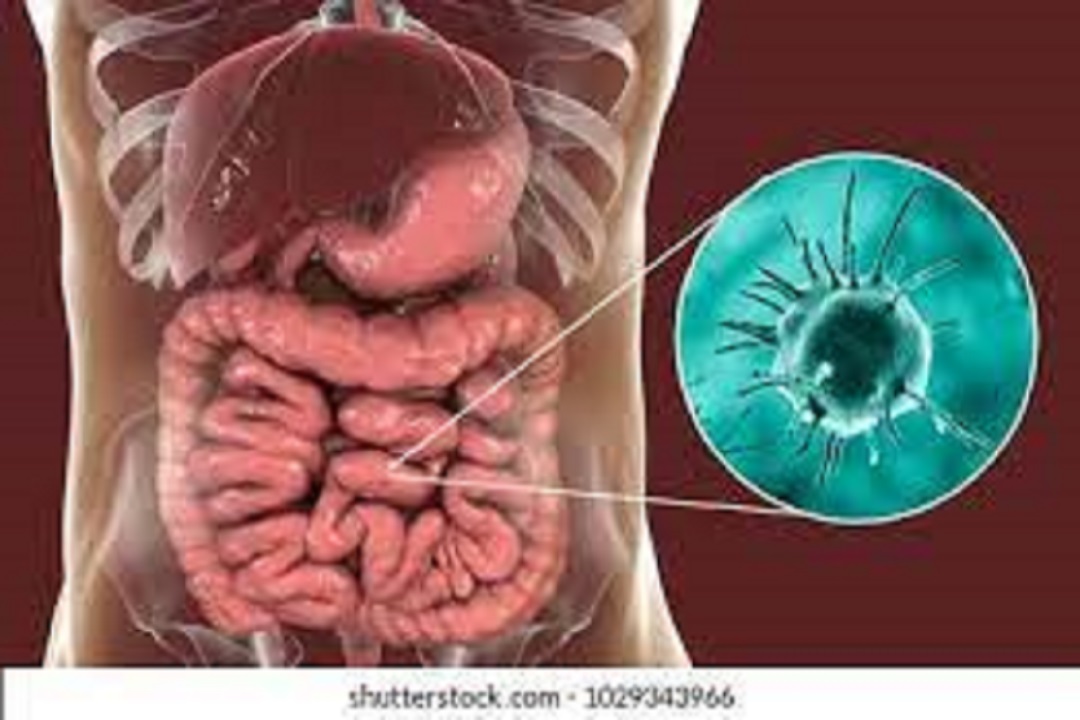After a certain age, women will experience menopause. Menopause is defined as a year without menstrual periods. Age at onset can differ, but it usually happens in the late forties or early fifties.
Menopause may bring about many physical changes. The signs and symptoms are the result of your ovaries producing less estrogen and progesterone. There may be symptoms such as heat flashes, weight gain, and vaginal dryness. Vaginal atrophy plays a role in vaginal discomfort. This can result in inflammation and thinning of the vaginal tissues, which makes intimate contact more bothersome.
Menopause may additionally boost your risk for osteoporosis and other conditions. You may discover that menopause requires minimal medical attention. Or you may determine that you need to consult a physician for Jackson Heights menopause about your symptoms and treatment options.
At what age will I experience menopause?
51 is the average age of menopause onset. The majority of women cease menstruating between the ages of 45 and 55. Some women may experience the onset of declining ovarian function years before this age. Others will have menstrual cycles well into their late 50s.
How does perimenopause differ from menopause?
Perimenopause signifies the time period preceding the onset of menopause. During perimenopause, your body begins the menopause transition. This indicates that your ovaries’ hormone production is beginning to decline. You may start experiencing menopausal symptoms, such as hot flashes. During perimenopause, your menstrual cycle may become irregular, but it will not terminate.
Once a woman has gone 12 months without having a menstrual cycle, she has entered menopause.
Which symptoms are caused by my body’s decreased estrogen levels?
Approximately 75% of women experience hot flushes during menopause, making them the most common menopausal symptom. Flashes of heat can occur at any time of day or night. Some women might additionally have arthralgia, muscle and joint discomfort, and mood swings.
It could be difficult to identify whether these symptoms result from hormonal changes, life circumstances, or aging.
Is cardiac disease associated with menopause?
During menopause, you may experience heart-related symptoms, such as vertigo and palpitations. Reduced estrogen levels can prevent the maintenance of flexible arteries. This can have an effect on vascular flow.
Managing your weight, consuming a healthy, well-balanced diet, engaging in regular physical activity, and not smoking may decrease your risk of developing cardiac conditions.
Is hormone replacement therapy a safe method for treating menopausal symptoms?
Several hormone therapies for treating heat flashes and preventing bone loss are FDA-approved. The risks and benefits vary based on the severity of your heat flashes, bone loss, and overall health. These treatments may not be appropriate for you. Consult your physician before attempting any hormone therapies.
 Magazine Today
Magazine Today

